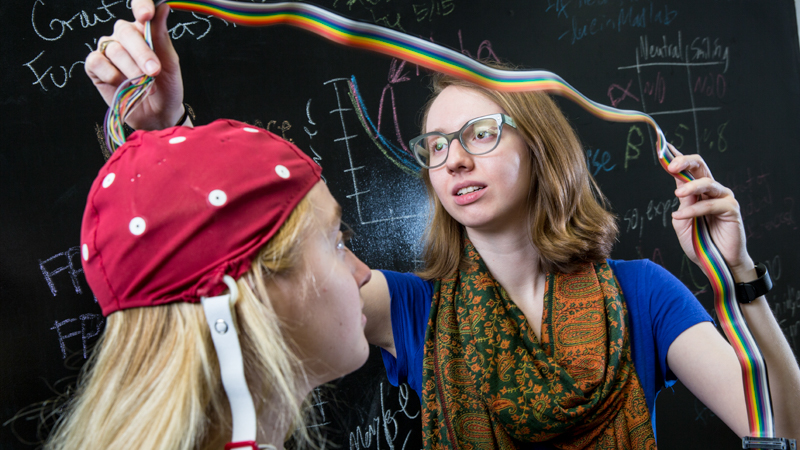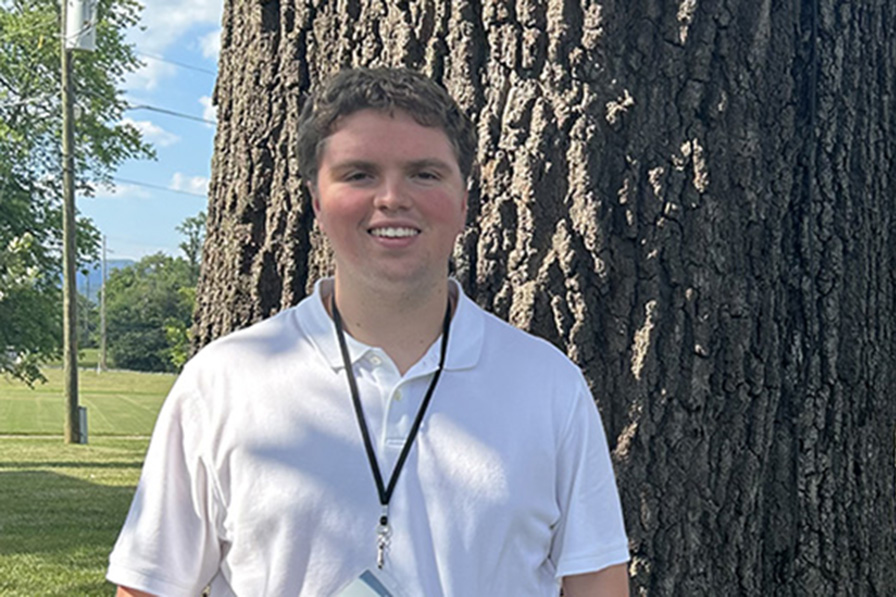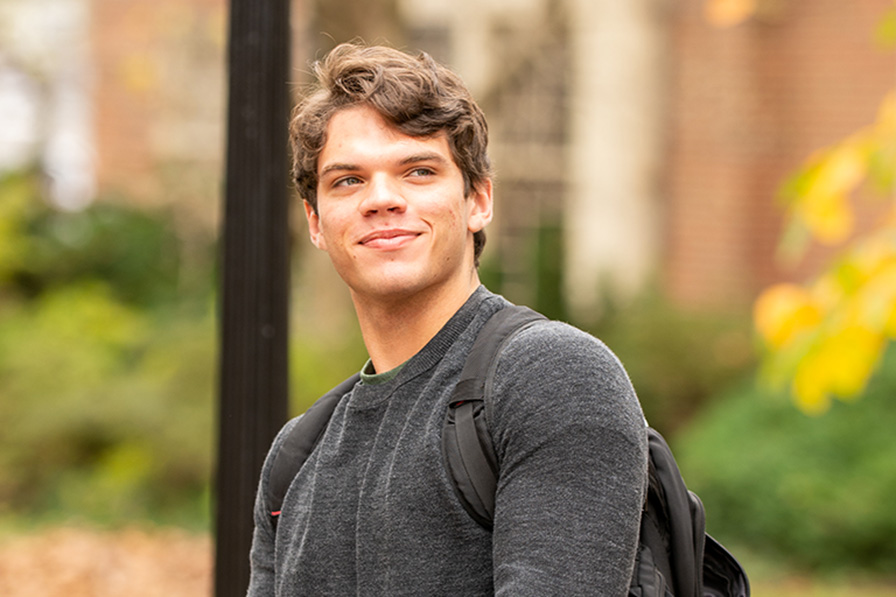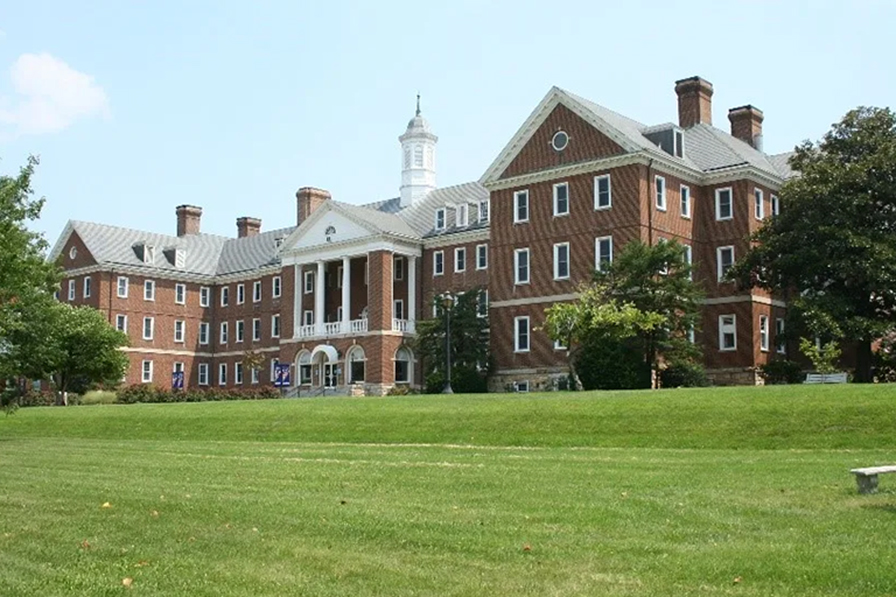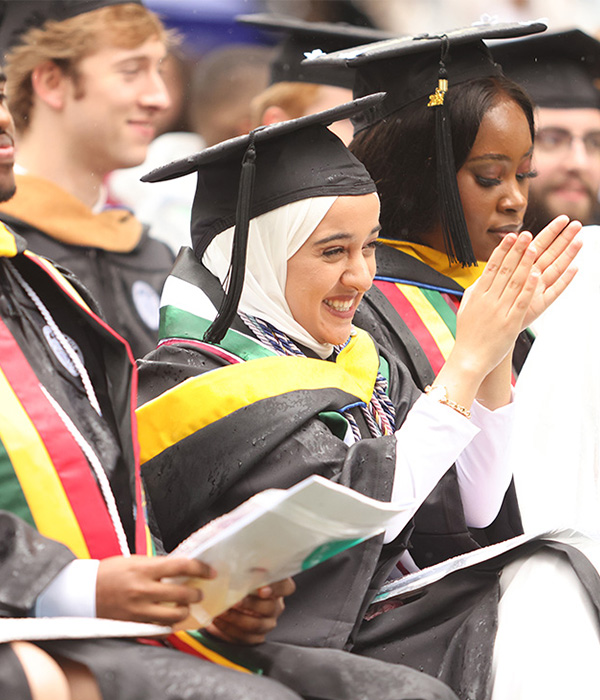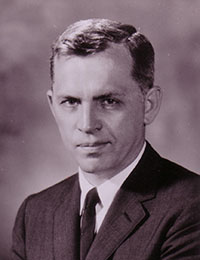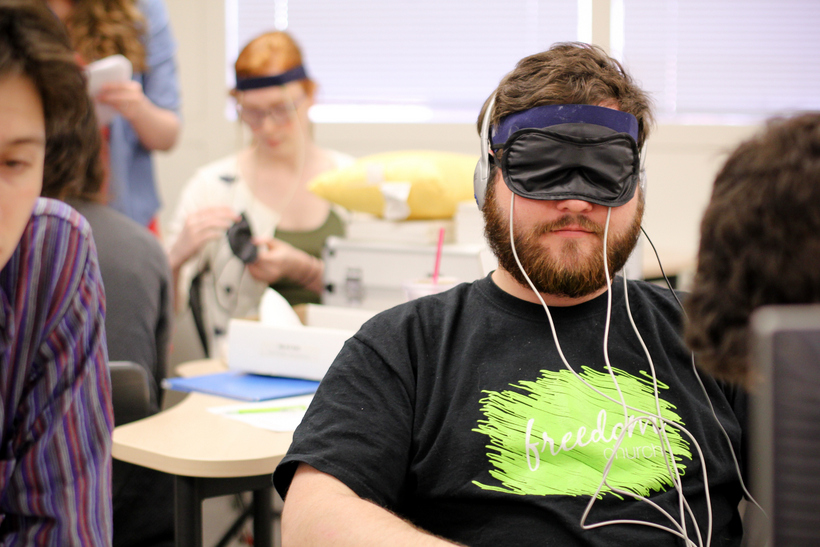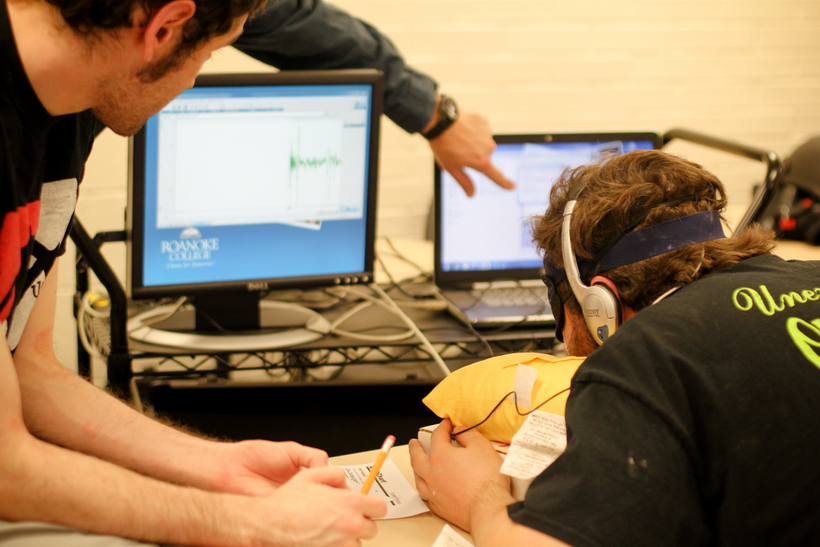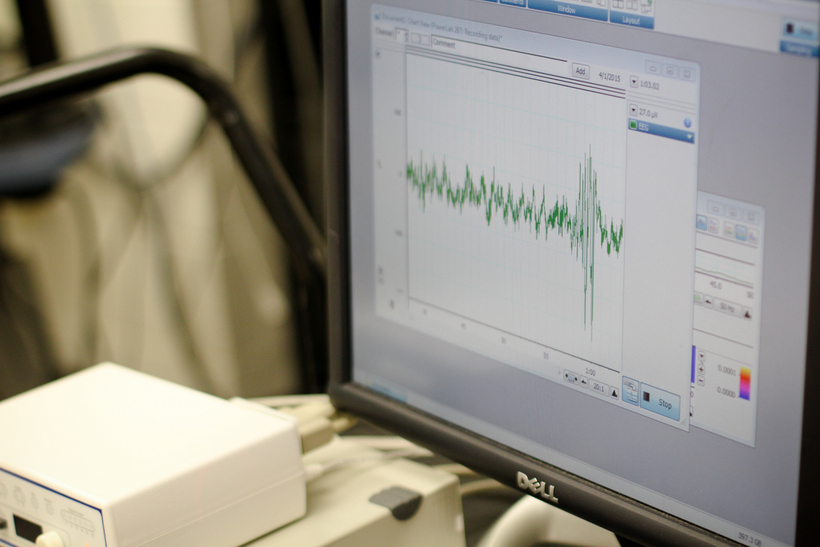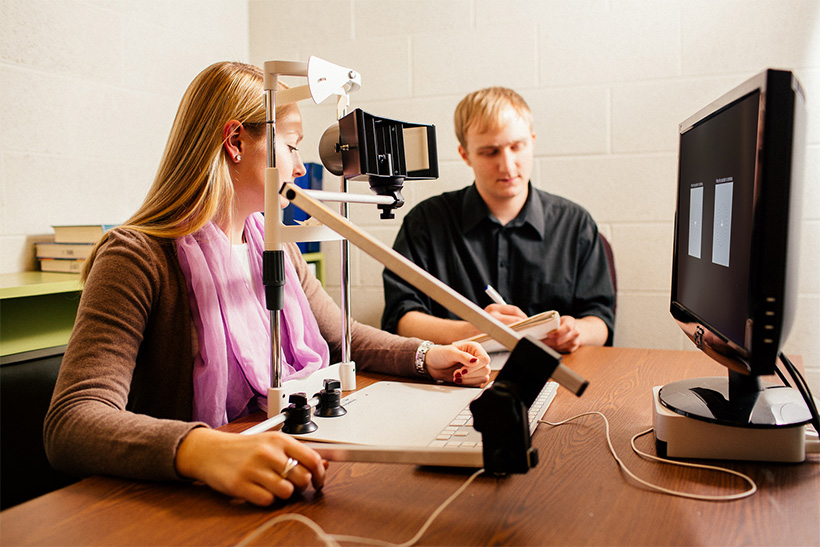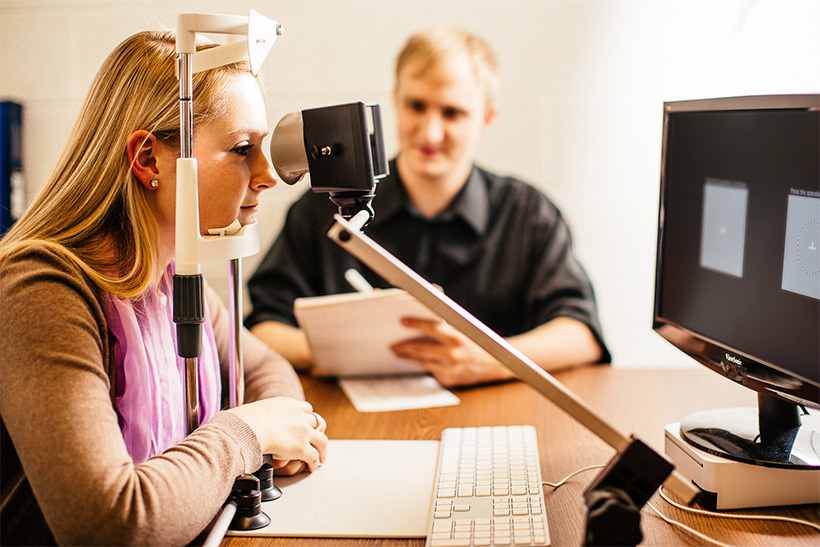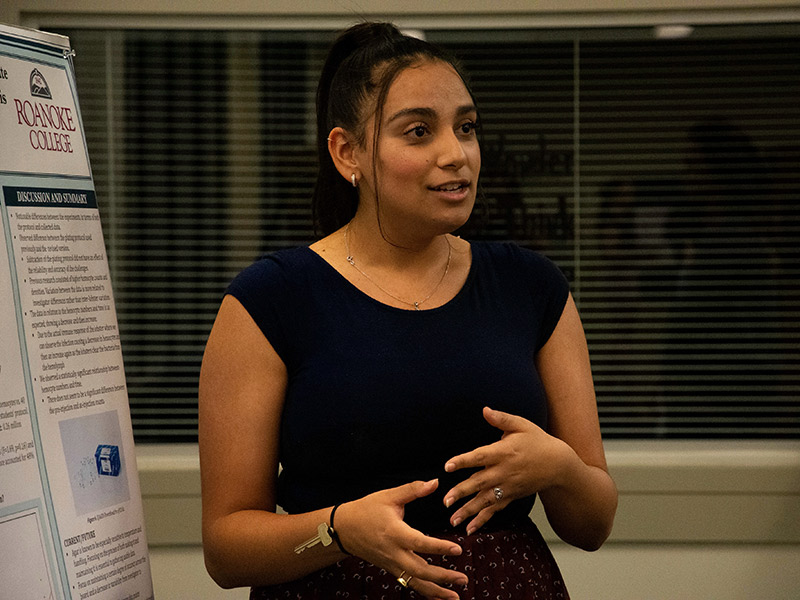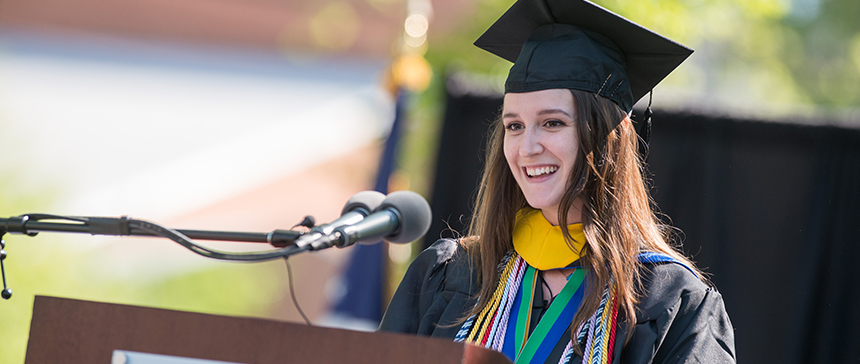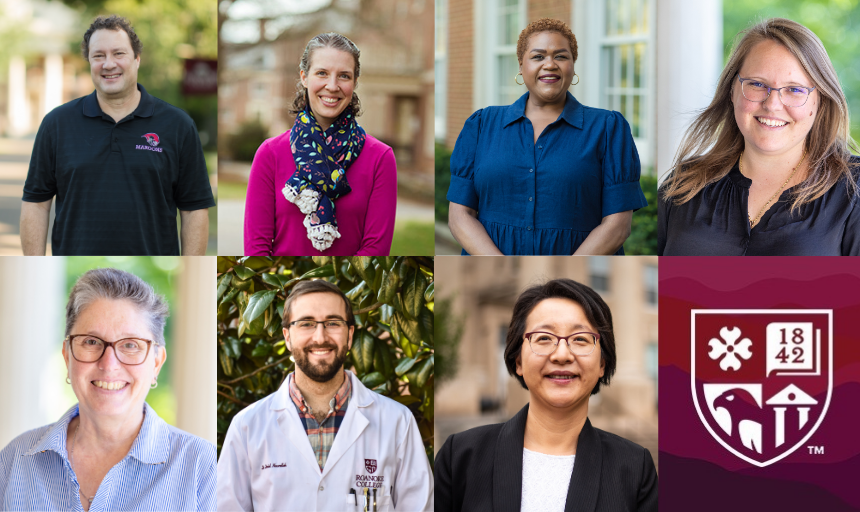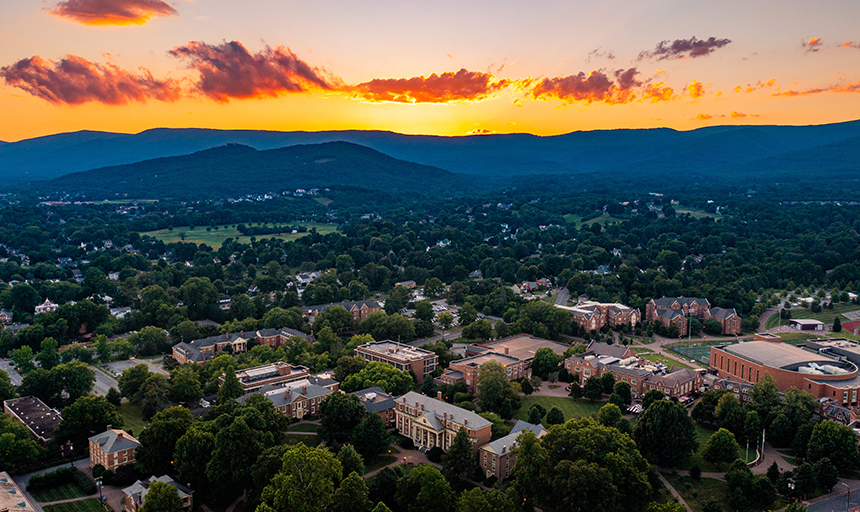Neuroscience
Available as a major or minor
Unlocking the mysteries of the human brain is the key to understanding what makes us tick. Our fantastically complex nervous systems are the mainframe that govern our emotions, thought processes and actions.
Neuroscience is driving advances in our understanding of human behavior, development and disease. But much more remains to be discovered.
The field is an excellent fit for students fascinated by the unknown and inspired to seek answers that will help improve the human condition. Neuroscience majors go on to be doctors, counselors, researchers, biotech innovators and more.
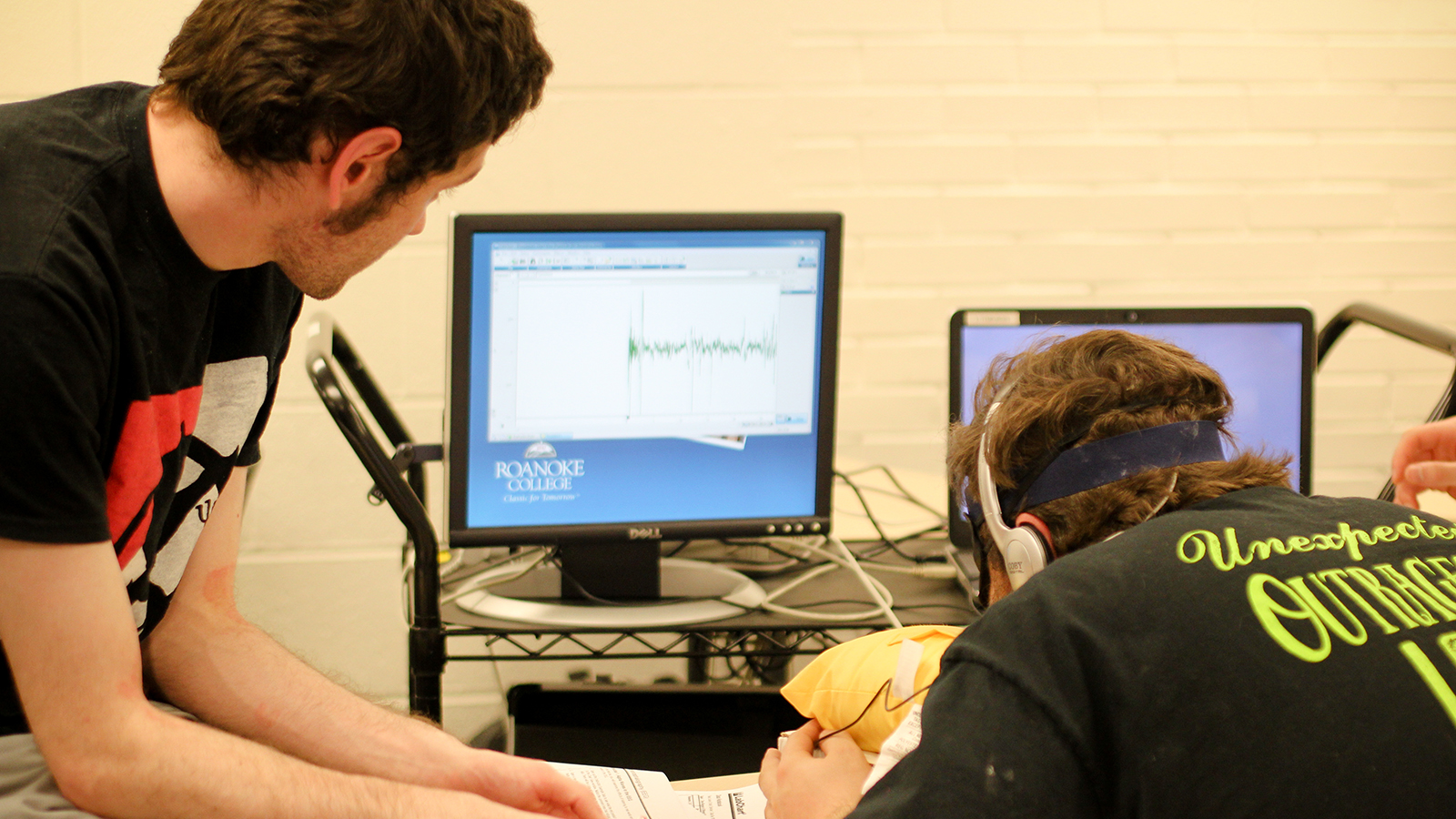
Curriculum & Courses
Student Experiences
What Makes Roanoke Different?
Learn By Doing
Careers & Outcomes
Faculty
News
-
Interested in a unique, experiential learning opportunity inside a local jail? Inside-Out courses (INOUT 299) bring together traditional students and incarcerated students to learn as peers in a local correctional facility.
- Date:
- February 17, 2026
- Time:
- 11:50 a.m. - 12:50 p.m.
- Location:
West Hall 117
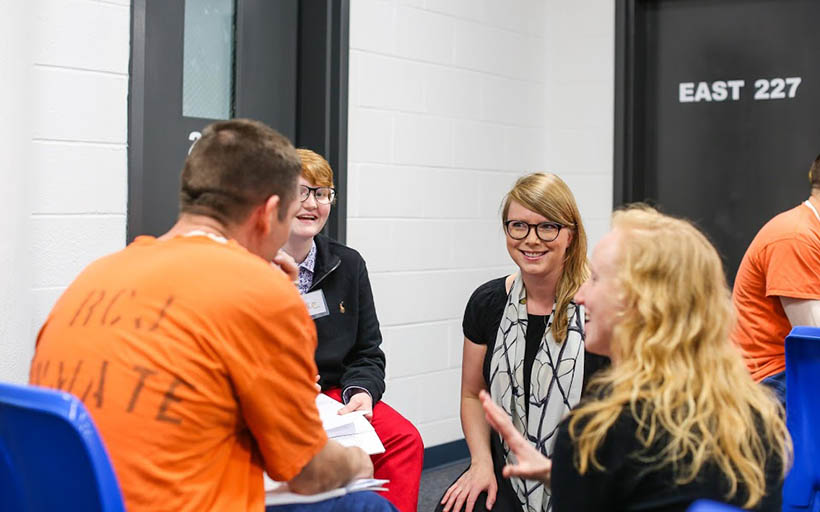
-
Join us for an insightful look at the science, trends, and health research into cannabis across the lifespan.
- Date:
- March 23, 2026
- Time:
- 7:30 - 8:30 p.m.
- Location:
Virtual

